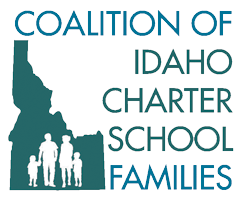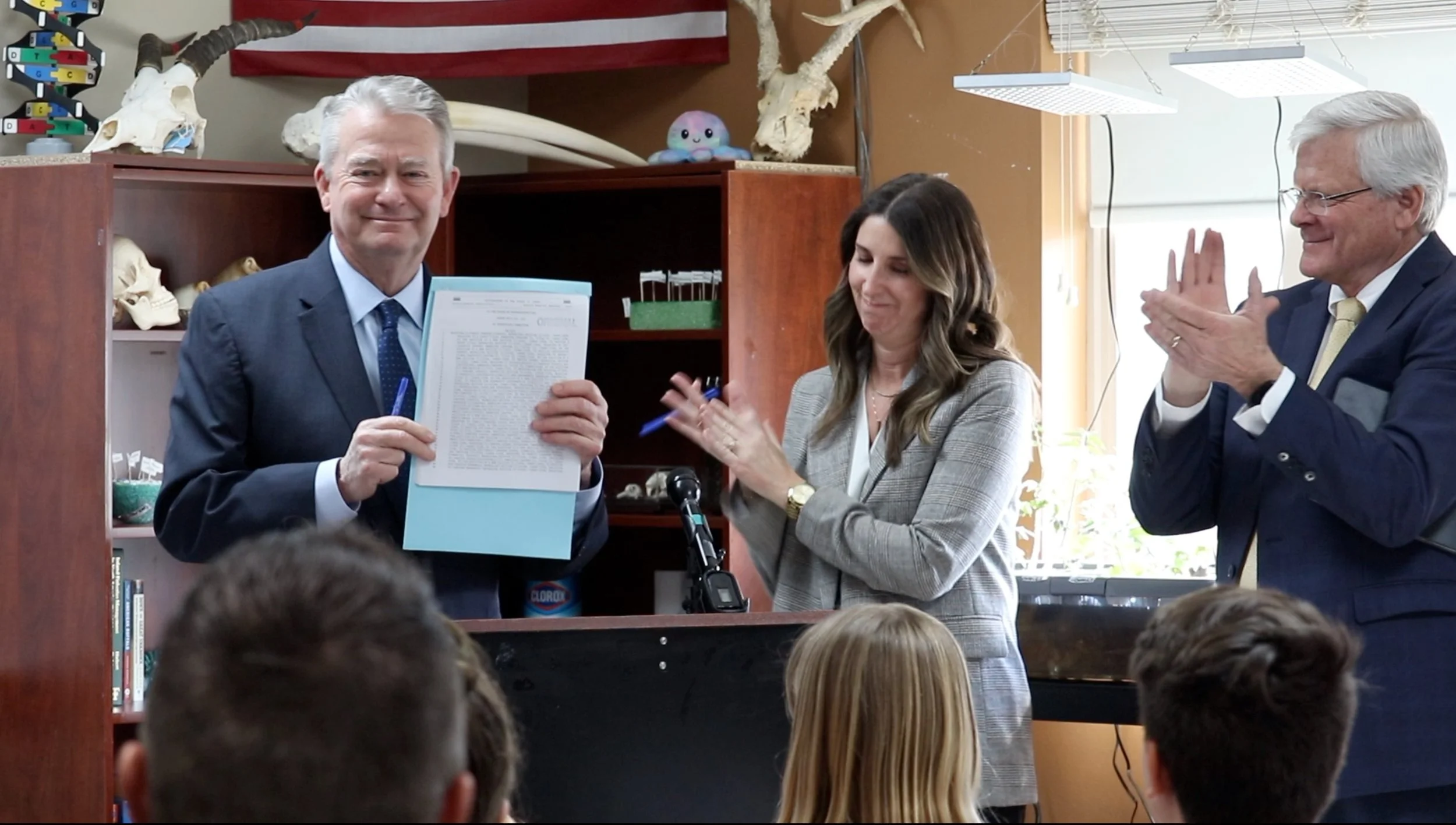School Leaders: Sign on to Letter of Support for Dr. Alex Adams, Appointed by U.S. President to HHS
/As you may know, Dr. Alex Adams—former Executive Director of the Idaho Public Charter School Commission—has been asked to serve the President and Robert F. Kennedy Jr. in a national capacity. We believe this recognition reflects not only his leadership skills, but the transformative impact he had on Idaho’s charter school community during his tenure.
Under Alex’s leadership, the Commission brought stakeholders together to pass House Bill 422, repealing and replacing outdated charter school statutes. He listened to parents, school leaders, and advocates—and built trust through collaboration. The reforms that followed didn’t just pass the legislature—they worked, improving conditions for schools and students across the state, especially those most at risk of being left behind.
We are circulating a letter of support recognizing Alex’s contributions to Idaho education and his role in elevating the charter sector through thoughtful, solutions-oriented leadership. If you would like to add your name as a signatory, please click “Sign Letter” below to send an email with your information.
We’d be honored to include your voice in this effort to thank someone who helped shape a better future for our kids, schools, families and future workforce.



